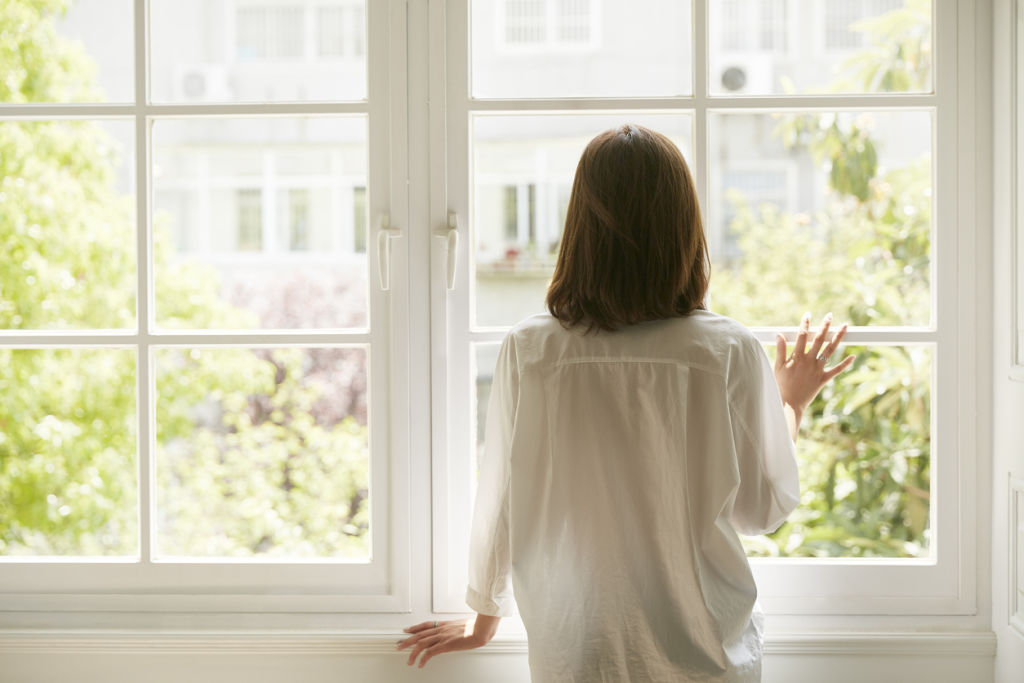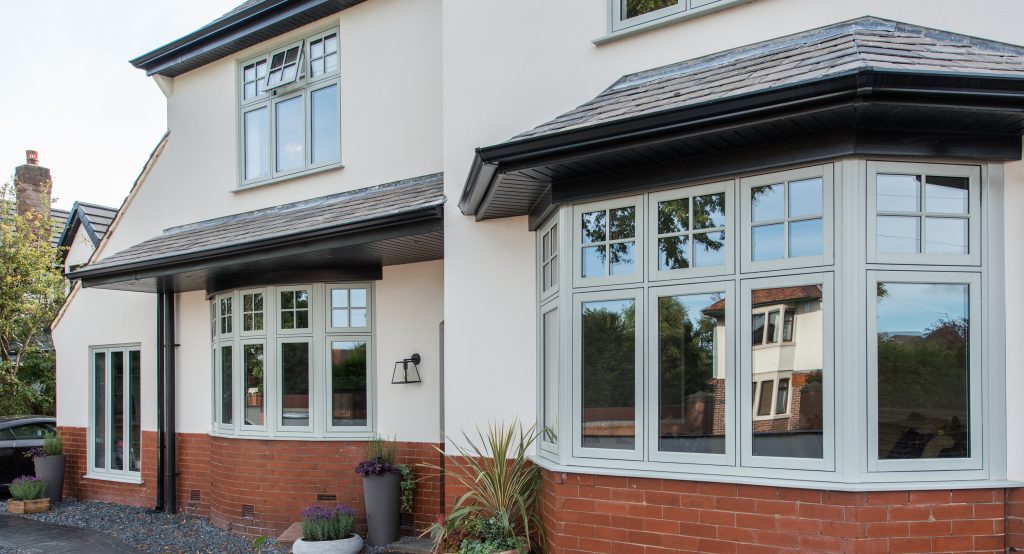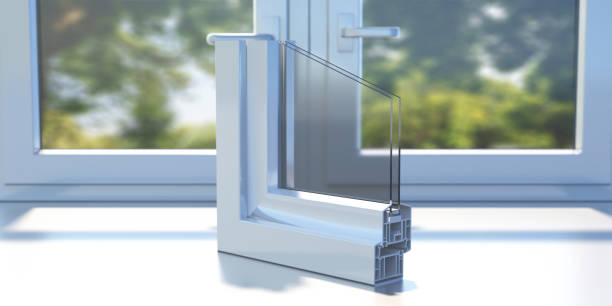All Categories
Featured
Table of Contents
How To Retrofit Your Windows With Double Glazing, And Keep ... in Watermans Bay Western Australia
Glazing merely implies the windows in your house, including both openable and set windows, in addition to doors with glass and skylights. Glazing really simply implies the glass part, however it is normally used to refer to all aspects of an assembly consisting of glass, films, frames and furnishings. Paying attention to all of these aspects will help you to attain efficient passive style.

Energy-efficient glazing makes your home more comfy and significantly lowers your energy costs. Unsuitable or improperly designed glazing can be a major source of unwanted heat gain in summer season and significant heat loss and condensation in winter season. As much as 87% of a home's heating energy can be gained and up to 40% lost through windows.
How Are Double Glazed Windows More Energy Efficient? in Landsdale Western Australia
Glazing is a significant financial investment in the quality of your house. An initial investment in energy-efficient windows, skylights and doors can considerably reduce your annual heating and cooling costs.

This tool compares window choices to a base level aluminium window with 3mm clear glass. Comprehending some of the essential properties of glass will assist you to pick the best glazing for your home. Secret properties of glass Source: Adjusted from the Australian Window Association The amount of light that passes through the glazing is understood as visible light transmittance (VLT) or visible transmittance (VT).
Which Type Of Double Glazed Window Frame Is Right For You? in Joondanna WA
The U worth for windows (revealed as Uw), describes the conduction of the whole window (glass and frame together). The lower the U worth, the greater a window's resistance to heat flow and the much better its insulating value.
For example, if your home has 70m2 of glazing with aluminium frames and clear glass with a U worth of 6. 2W/m2 C, on a winter season's night when it is 15C chillier outside compared with indoors, the heat loss through the windows would be: 6. 2 15 70 = 6510W That is comparable to the overall heat output of a large space gas heating unit or a 6.
Solace Creations: Home in Mount Hawthorn Perth

If you choose a window with half the U worth (3. 1W/m2 C) (for example, double glazing with an argon-filled gap and less-conductive frames), you can halve the heat loss: 3. 1 15 70 = 3255W The solar heat gain coefficient (SHGC) for windows (expressed as SHGCw) determines how readily heat from direct sunlight flows through a whole window (glass and frame together).
The lower a window's SHGC, the less solar heat it transfers to the house interior. The actual SHGC for windows is impacted by the angle that solar radiation strikes the glass.
Upvc Double Glazed Windows Australia in Iluka Western Australia
When the sun is perpendicular (at 90) to the glass, it has an angle of incidence of 0 and the window will experience the optimum possible solar heat gain. The SHGC declared by glazing producers is constantly determined as having a 0 angle of incidence. As the angle increases, more solar radiation is reflected, and less is sent.
Table of Contents
Latest Posts
How Double Glazing Can Help Keep Your Home Cool In ... in WA
Why You Need Secondary Glazing In The Summer in Cooloongu WA
Double Glazing Vs Triple Glazing: Which Is Better? in Quinns Rocks Perth
More
Latest Posts
How Double Glazing Can Help Keep Your Home Cool In ... in WA
Why You Need Secondary Glazing In The Summer in Cooloongu WA
Double Glazing Vs Triple Glazing: Which Is Better? in Quinns Rocks Perth